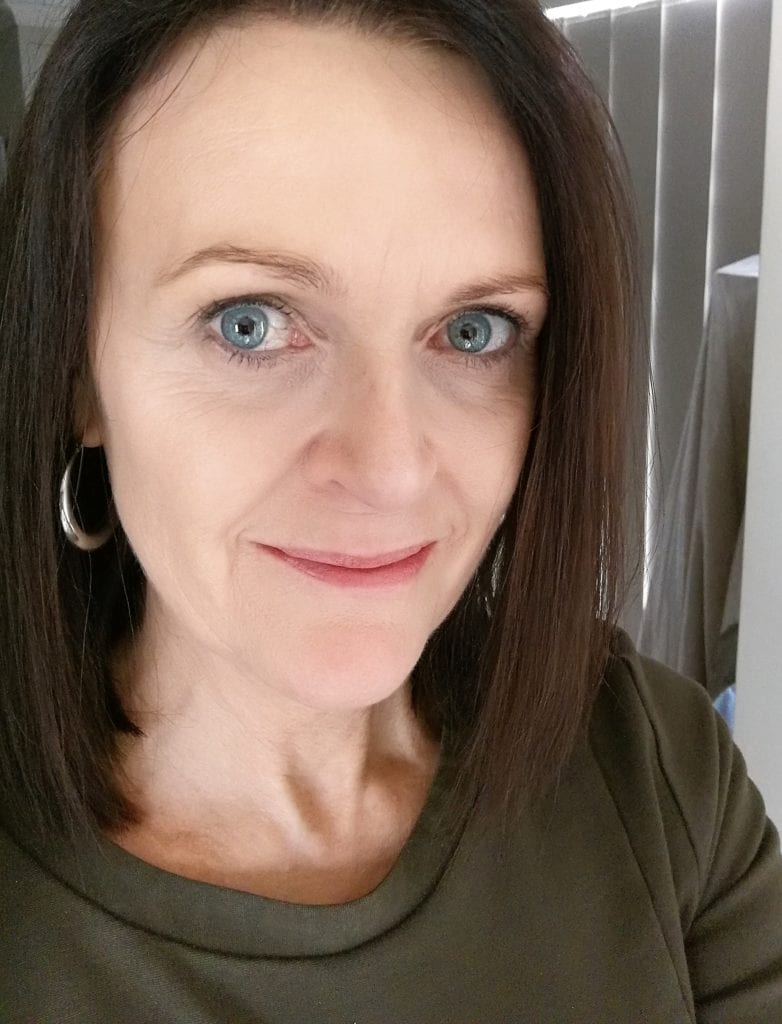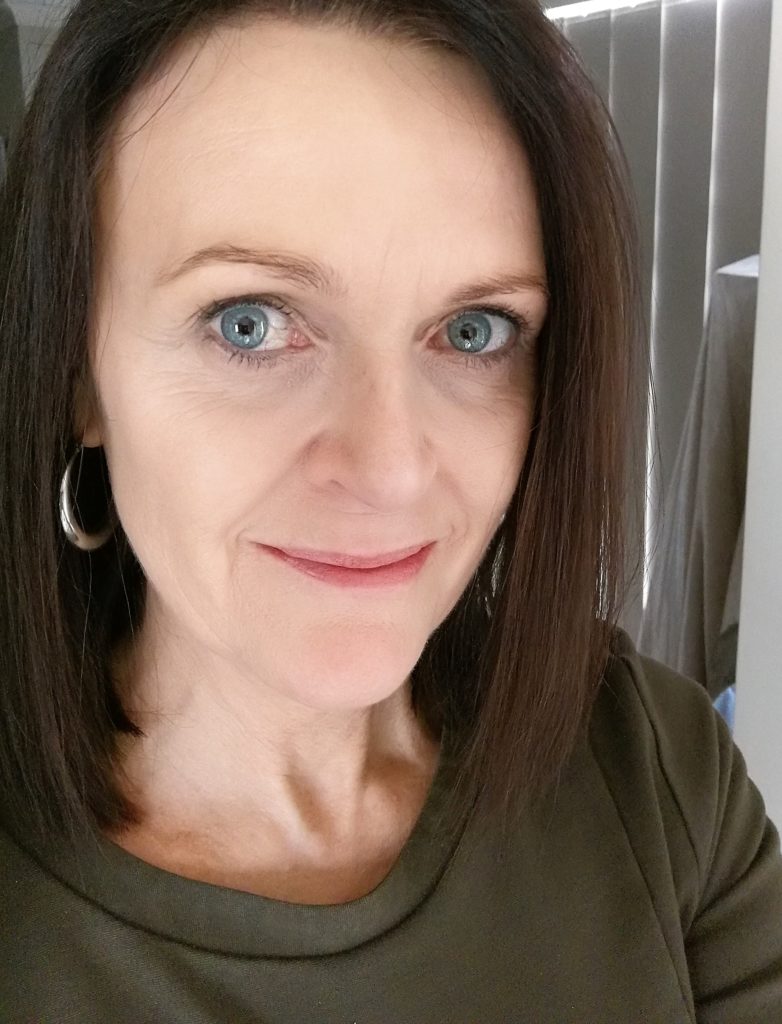
Megan Frith studied short story writing at NZ Writers College, before embarking on the Write a Novel Course. Her short story ‘Scars‘ came first in the 2014 Page & Blackmore Short Story Competition. She then placed third in the 2015 Page & Blackmore Short Story Competition for her short story titled ‘Till Death’. Megan’s first novel, Trip ‘n Die, won the New Zealand Classics First Novel Award in 2008, and is available on Amazon.We follow up with Megan for her advice about the writing life.
Q: What made you want to become a writer?
A: Initially, I wrote to clear my head. That is still the case to a degree. My mind is a busy place. I hear a single word and suddenly there’s a trilogy floating around in my head. I say ‘floating’ but really, there’s not enough free space for anything to have the luxury of doing that. It’s more like ideas jockeying for position. Some thoughts can be extremely persistent, stomping their little feet demanding to be put on paper. That sounds awfully ungrateful, but I actually love the ideas, and I love the satisfaction of forming them into stories or manuscripts.
To say it’s my passion is a bit clichéd, but writing is no different to a carpenter building a beautiful cabinet, or a gardener planting seeds and ending up with a bumper crop of edibles. There’s a lot of pride and fulfilment involved.
I did try to give up writing once. Suddenly, I had no idea what to do with my time. I almost paced a hole in the carpet. After that, I realised writing is one of my best friends.
Q: You first signed up for the Literary Short Story Course with us. How did that impact on your writing?
A: I found it hard to decide on a course. There are so many available online these days. To start with, I wanted to do an extramural university paper so it would count towards a degree. In the end, I realised knowledge was more important than a piece of paper.
Something pulled me towards the NZ Writers College Literary Short Story Course, and I never regretted trusting my instincts on that one. In fact, I went on to enrol in two more courses. (I think I’m an addict! I’m looking at the NZ Writers College Screenwriters course next although life circumstances prevent me from signing up at the moment.)
The Short Story Course certainly improved my writing. I noticed it after the first couple of modules, which made me keen to tackle more assignments. I had a number of ‘aha’ moments, including things I thought I knew, but the feedback and explanations just it made everything click properly somehow.
Q: Mentoring is an integral part of the Writers College tutoring process. How did you benefit from Sonny Whitelaw’s mentorship?
A: Sonny is fabulous. She tells you how to reword something or change the focus, then she explains why and adds some very clear examples. For me, it was often the examples that often made the penny drop. I loved her no-fluff approach. It was obvious from the beginning that she knew what she was doing (she is also very humble about her rather stunning CV).
If I compare my pre-course stories with those I wrote after completing the course, well, the earlier ones need a lot of work. The fact I can see that now means I’ve learned a lot. I enjoyed her tutelage so much, I signed up for the Novel Writing course and requested her as a tutor.
Q: What publishing successes have you enjoyed?
A: I’ve had a few successes including placings in various short story competitions, stories published in Takahe magazine, Horizons and Horizons II Anthologies and my first book Trip
My aim is to publish at least one book in each main genre (except horror). Not a typical (or recommended) approach for writers, but I was never one to stay inside the box.

Q: And finally, for other aspiring writers, what are the most valuable lessons you have learnt on your journey towards publication?
A:
- If you enrol in a course, don’t just aim to complete it, do your best to ace it. You’ll learn more.
- When professionals review your work, they aren’t trashing it (even if they’re rude), they are telling you how you can do better. Listen.
- No matter how good you are, there is always more you can learn. Take courses, get feedback on your work (preferably from a professional—it’s worth the money, believe me!), attend workshops if that’s your thing, and enter competitions (they give you practice writing and a deadline to work towards).
- Never submit something to a publisher that hasn’t been professionally edited. Again, it’s worth the money (you’d spend more if you took up golf).
- Let your work settle. Put your story or manuscript aside for a few weeks then re-read it. Yes, it’s hard, but do yourself a favour and do it anyway. You’ll be surprised by the improvements you make.
- Once you’ve submitted your work to a competition, publisher or whatever, let it go and get on with your next project. Waiting around for a response just wastes valuable writing time.
- Never give up. Ever!
Megan’s personal website: http://piccarto.co.nz/
Trip ’n Die: https://www.amazon.com/dp/0473290782













